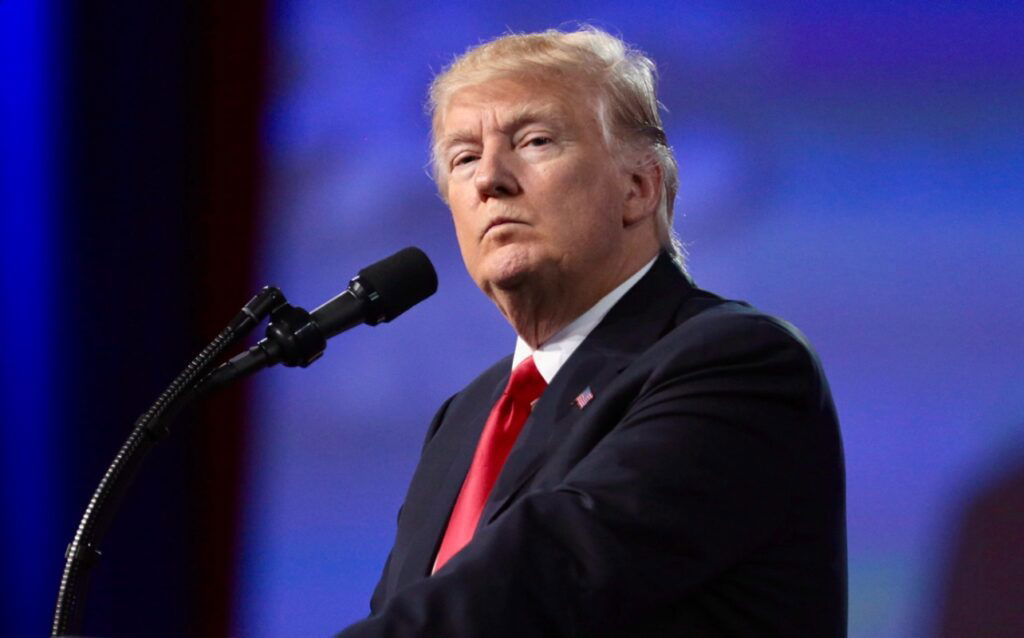Chuck Schumer calls for action to address AI's disproportionate impact on Black Americans.
He vowed to do all he could to reduce prejudice in AI systems.

On November 15th, Senate Majority Leader Chuck Schumer held a Black Media Artificial Intelligence Pen and Pad session, drawing the attention of some of the country’s leading Black media companies, including BLACK ENTERPRISE.
During the session, Schumer shared his ongoing efforts to protect consumers from the potential biases of AI, as well as his plans to expand protections for laborers across different sectors.
“I am going to do everything I can to reduce the amount of bias AI has in its system,” he said.
The attendees at the Pen and Pad session were particularly interested in the implications of AI on the upcoming 2024 presidential election, noting that major technology companies such as Meta have already platformed controversial and false political ads. Melanie Campbell, president and CEO of the National Coalition on Black Civic Participation, spoke about the political implications of AI if it is not addressed in time for voter registration.
“This election will determine what kind of democracy we’ll have. AI will impact that,” she stated. Schumer echoed this sentiment and reassured the attendees that Congress is focused on the electoral process and the sudden role of artificial intelligence.
“We are working on building guardrails to ensure transparency, to give workers a voice, and to ensure that the AI systems not only don’t increase the inequities in society but decrease them,” he said. “We’ve seen lots of deep fakes, political ads, chat boxes. Black voters are among those who have been most targeted by this, so that’s something we’re particularly aware of.”
Schumer also mentioned that the measures will be expansive. “We’re not just looking at this in broad areas,” he said. “We’re looking at specifics. So we’re looking at it in criminal justice and what the problems are with facial recognition. We’re looking at it in education. We’re looking at it in healthcare. And in every one of these, one of the focuses we have is stopping bias — putting guardrails against bias. The racism we’ve seen in our society for centuries is built into the information that these systems set up.”
Despite the issues accompanying AI, many view it as an opportunity to advance, rather than regress, if adequately managed. Jeff Nelson, COO of Blavity, spoke about its possibilities for entrepreneurship.
“We talked a lot about the potential impact on the election and how we’re going to deal with that and how that’s important, but I remind us all as we think about this issue and write about this issue to also think about this as an opportunity for economic empowerment and wealth creation primarily for Black and brown individuals,” he said.
This conversation came shortly after Schumer held six AI Insight Forums, where several industry professionals convened to discuss the future implications of the technology. President and CEO of the Leadership Conference on Civil and Human Rights, Maya Wylie; National Urban League’s Yvette Badu-Nimako; and policy adviser Alondra Nelson were just some of the attendees.
“We’ve had these forums, and in every one of them, and we’ve had the leaders of the industry,” said Schumer. “On every forum, we’ve had people from the civil rights community, the labor community, and people who are critics of the Big Tech industry. They have to be there because they are setting up these systems, but we needed everybody there.”
“I made sure that every one of our forums had a good number of people who cared about the issue of bias, and we’re not just having them up there to talk. They’re involved in crafting legislation and helping us put it all together,” he continued.
Since its introduction, Black Americans have been unfairly targeted by AI, particularly as it relates to law enforcement. President of the Lawyers’ Committee for Civil Rights Under Law, Damon Hewitt, who also attended the forums, expressed his worries about AI and its repercussions.
“The facial recognition technology is typically not normed or tested against people with darker skin tones,” he said. “It puts us in danger of being falsely accused.”
Hewitt’s remarks and Schumer’s sessions came shortly after President Joe Biden signed an executive order on October 30th establishing new standards of safety for the technology, according to White. While Biden’s latest regulation is a stepping stone for additional protections, there is still a long way to go.










